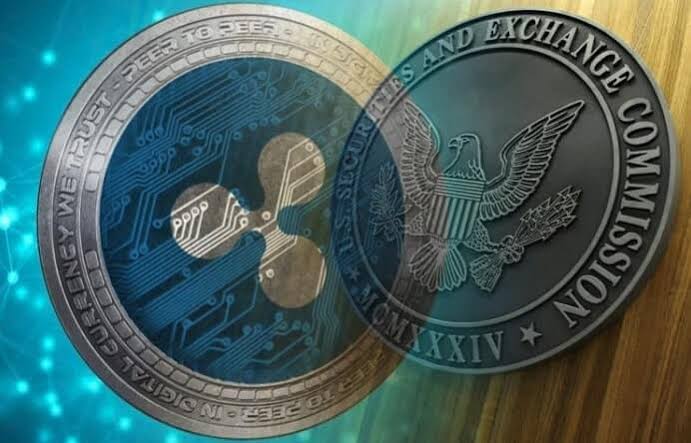According to John Deaton, if Bill Hinman and Jay Clayton had testified in the SEC vs. Ripple Labs case, XRP would have been classified as a non-security from the start.
According to pro-XRP lawyer John Deaton, the Securities and Exchange Commission (SEC) erred in accusing Ripple CEO Brad Garlinghouse of aiding and abetting criminal activity.
Deaton emphasised that Bill Hinman and Jay Clayton, two former SEC employees, would have classified XRP in their evidence in the SEC vs. Ripple Labs case. early on as a non-security, yet the agency knowingly ignored this knowledge for a considerable amount of time.
Digital Asset Investor on X (formerly Twitter).In the legal dispute between the SEC and Ripple, XRP said that, given the option, he would have called former SEC commissioners Clayton and Hinman as well as a16z attorneys Lowell Ness and Chris Dixon as the first witnesses.
Deaton concurred that Hinman’s evidence was crucial, but he also said that there was no way to compel a former SEC head to testify in court. However, Deaton argues that the SEC erred in charging Garlinghouse, especially in light of Clayton’s propensity to bring a complaint against executives on a personal level in a non-fraudulent setting.
He insists that Clayton is a key witness who must testify in court because of his considerable significance. Notably, during Clayton’s conversation with Ripple’s CEO and chief technical officer, Garlinghouse stated that the company was now “living in purgatory” as a result of the Hinman speech. But neither Clayton nor Hinman made it clear that XRP was classified as a security.
The acceptance of cryptocurrencies might have increased had Clayton and Hinman’s explanation been obtained in order to save money and time on legal fees. Judge Analisa Torres’ finding that XRP is not always a security is one that the SEC wants to overturn.
Recently, a major XRP whale shifted tokens valued at over $20 million to exchanges as the price kept breaking through its support levels.


